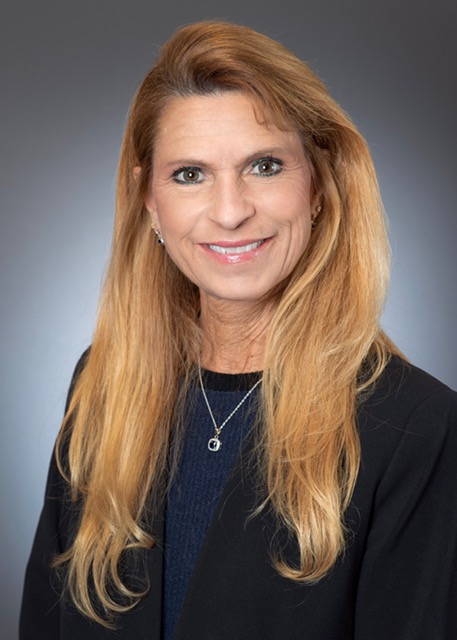Health literacy and HSC, building the foundation for healthy people across all communities

Imagine trying to safely navigate the COVID-19 pandemic while living in a rural community with limited internet access and being unable to go online to keep up with changing health guidance. Or if English wasn’t your native language and you had to translate urgent health information needed to protect your family.
Think about the shared experiences of people around the country, wading through an “Infodemic” — an overload of confusing terms like “quarantine,” “flattening the curve,” and “herd immunity” while wondering which type of face mask to wear and how many times to mentally sing “Happy Birthday” while washing their hands.
All of these issues depend on health literacy — the ability to access, understand and use health information and services to take action on behalf of one’s personal health and the well-being of individuals within their care.
“COVID-19 was significant in highlighting the importance of health literacy,” said Dr. Teresa Wagner, Clinical Executive for SaferCare Texas at the University of North Texas Health Science Center at Fort Worth (HSC).
SaferCare Texas works to eliminate preventable harm in Texas and throughout the nation. SaferCare Texas actively promotes health literacy, a key area of research and advocacy for Dr. Wagner. “When people cannot get needed information or get the wrong information, harm can occur,” she said. “As we saw with Covid-19, lack of information caused adverse outcomes and exacerbated health disparities.”
Dr. Wagner, who has been honored as a Texas Health Literacy Hero, has testified on health literacy legislation, has been quoted by the Texas Public Health Association and was instrumental in getting health literacy into the Texas State Health Plan.
Health literacy has come to the forefront in recent years, becoming the top priority for the U.S. Department of Health and Human Services’ Healthy People 2030 initiative, which is committed to increasing the span of healthy life, reducing health disparities and achieving access to preventive services for all individuals and communities.
Across the U.S., citizens, organizations and communities use the Healthy People initiative’s data, resources and tools to collaborate, set priorities, identify areas and populations with the greatest need, and focus their efforts and resources accordingly.
“This national focus on health literacy really demonstrates the importance of helping people understand and use health information to make well-informed decisions,” Dr. Wagner said.
In the critical early days of the COVID-19 pandemic, Dr. Wagner noted, “we were receiving so much information, sometimes all at once, and it was evolving as we learned more about the virus.”
“These types of challenges can occur at any time in any situation, such as when a person is deciphering instructions on a prescription label, going through a long list of reminders before or after surgery, or trying to remember everything advised during a visit with the doctor or health provider,” she said.
In some cases, patients may feel embarrassed to ask questions or admit they’re not clear on what to do.
“People can also feel afraid, hesitant or uncomfortable with health guidance that’s new or different, as with the uncertainties seen nationally regarding COVID vaccines,” she said.
This is an area where HSC is hard at work through the NIH Community Engagement Alliance (CEAL) Against COVID-19 Disparities. HSC is administering the Texas portion of a $12 million national award for outreach and engagement efforts in ethnic and racial communities disproportionately affected by the pandemic, to encourage and facilitate vaccine sign ups.
Dr. Wagner developed health literate trainings for community health workers to help educate people on the importance and safety of the vaccine.
“Locally, HSC is engaged with community leaders and influencers to spread the word that vaccines are safe and effective and provide our best defense against COVID-19,” Dr. Wagner said. “We are actively helping to build health literacy at a community level for future protection against the virus.”
“There are many social determinants of health that impact length and quality of life. Health literacy is one of those, and in my mind, is really ‘THE’ social determinant of health that can empower individuals and communities to take greater control over their health, well-being and their future,” she said.



![Uyen Sa Nguyen Scaled[58]](https://www.unthsc.edu/newsroom/wp-content/uploads/sites/16/Uyen-Sa-Nguyen-scaled58-145x175.jpg)

Social media